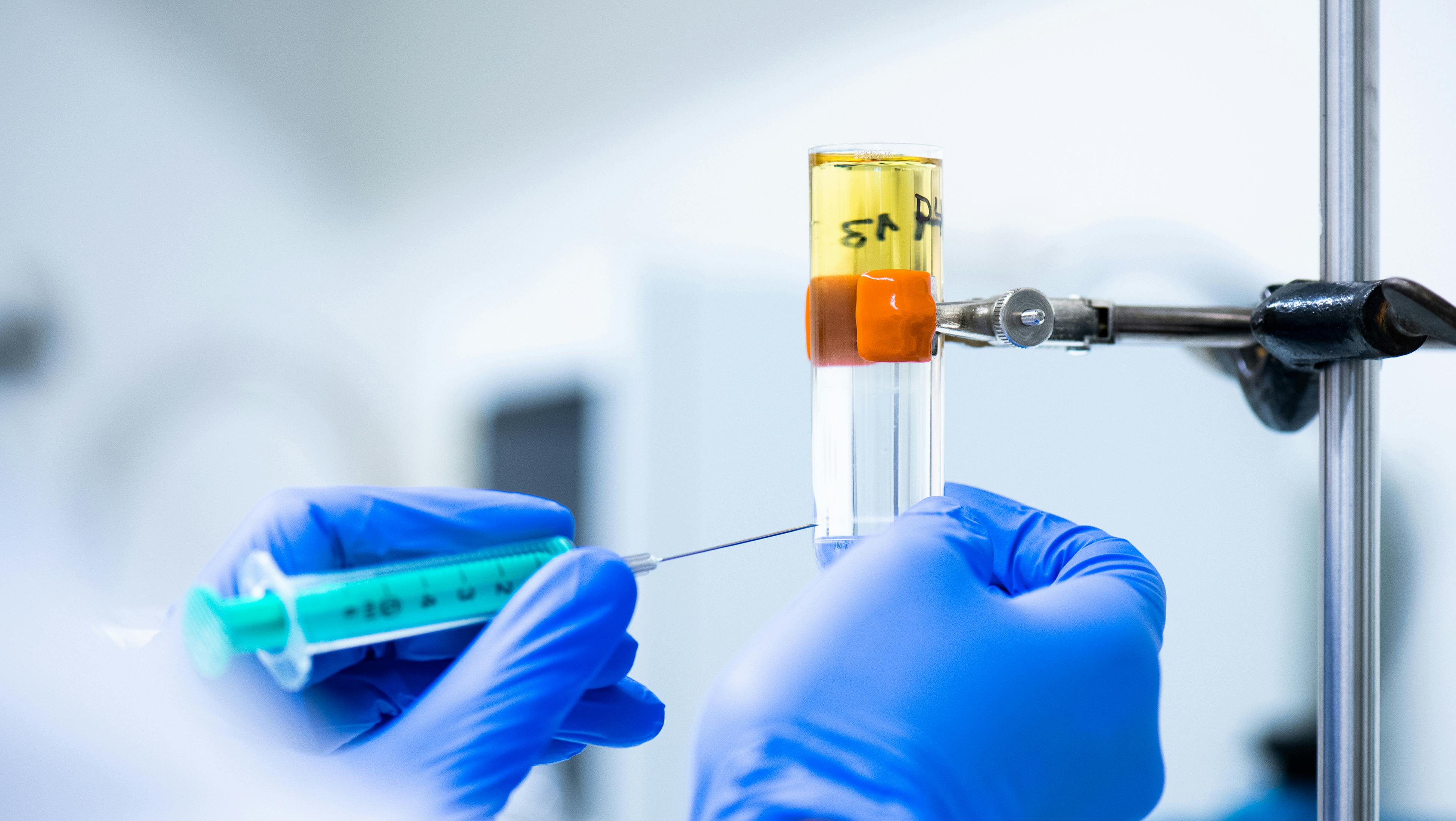
Bacteria-eaters combat bladder infections
Antibiotic resistance is becoming an increasing problem in the treatment of urinary tract infections (UTIs) and alternative therapies are urgently needed. This is where the ImmunoPhage project comes in. It aims to develop therapeutic bacteriophages that will cure UTIs.
Contact
Professor Onur Boyman MD
Director of the Department of Immunology at
University Hospital Zurich
Professor in the Faculty of Medicine
at the University of Zurich
+41 44 255 20 69
E-Mail
UMZH institutions
University of Zurich
ETH Zurich
University Hospital Zurich
Balgrist University Hospital
Team
>
Antibiotic resistance is a huge problem
To date, Professor Thomas M. Kessler has been tilting at windmills, a struggle that has often left him feeling miserable and helpless. He is the Senior Physician in Neuro-Urology at Balgrist University Hospital and a professor in the Faculty of Medicine at the University of Zurich. In his clinic, he sees patients every day who are suffering from painful, dangerous urinary tract infections. Until now, there has been virtually only one treatment: antibiotics. But antibiotic resistance is growing and the disadvantage of antibiotics is that they also kill the «good» bacteria in the gut flora. New therapies are urgently required.
«Antibiotic resistance is a huge problem throughout the world. We desperately need alternatives,» stresses Kessler. He has launched the interdisciplinary ImmunoPhage research project that is taking a fundamentally new approach to treating UTIs. The initial results are highly promising. They are based on a study that Kessler’s team took part in in Georgia. The ImmunoPhage project is the only one of its kind in the world.
Balgrist University Hospital traditionally treats patients who have developed complex neurological problems following an illness or accident. These include sufferers of Parkinson’s disease and multiple sclerosis, paraplegics, and stroke victims. Thomas M. Kessler and his team also treat people who are essentially healthy but who suffer from recurring UTIs and bladder infections that have a serious impact on their quality of life. «Apart from symptoms such as pain and the frequent need to pass urine, these infections can also be harmful to patients’ overall health if they spread to the kidneys. But the pathogens often do not respond to antibiotics,» explains Kessler. The physician suffers along with his patients: «This is a major motivation for me to investigate new types of treatment.»
Viruses that strengthen the immune system
He is concentrating on bacteriophages as an alternative to antibiotics and these are the central focus of the ImmunoPhage project. Bacteriophages are viruses that infect bacteria and reprogram them with their genetic material. The bacteriophages then multiply and destroy more and more bacteria. In the ImmunoPhage project, these bacteria-killers or bacteria-eaters are being used to combat UTIs. In the future, this method could also help in the treatment of other chronic conditions such as lung and middle ear infections.
Professor Thomas M. Kessler from Balgrist University Hospital is working closely with the research team led by Professor Martin J. Loessner from ETH Zurich and the group headed by Professor Onur Boyman from the University of Zurich. Loessner and his team are among the world’s leading specialists in bacteriophages. The molecular biologists and geneticists are responsible for the engineering activities. They isolate the naturally occurring bacteriophages and propagate them. In the laboratory, genetic information is added to these «designer» bacteriophages, which are then used to attack specific bacteria that cause infections in the urinary tract.

Shawna McCallin and her team examine phage activity against a patient's bacterial isolate in a petri dish (from left to right: Sonja Milek, research assistant; Shawna McCallin, project leader; Jonas van Belleghem, postdoctoral researcher; Swenja Lassen, PhD student)
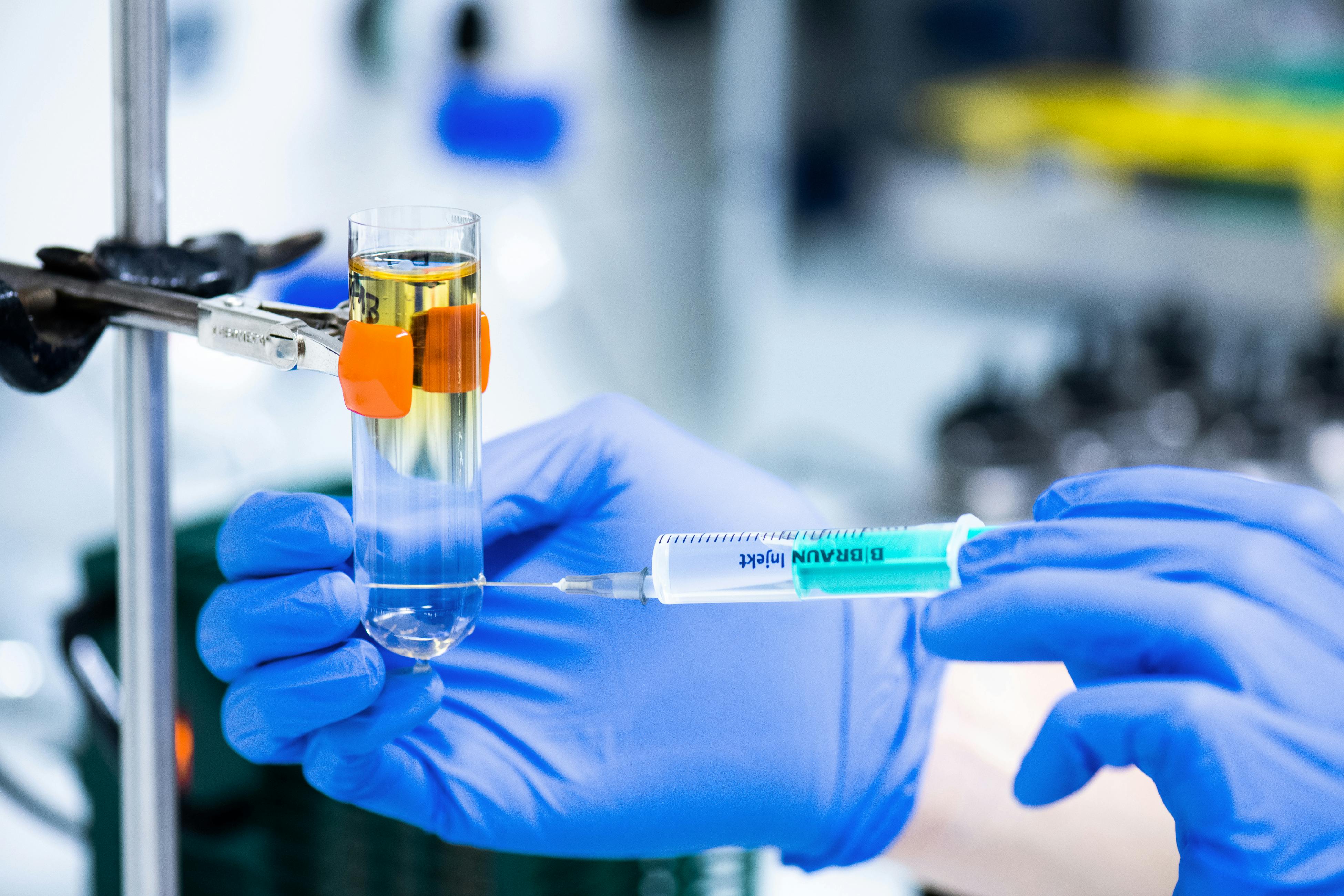
The sample is spinned at 78'2000 x the force of gravity for 18h in order to separate phage from bacterial contaminants. As many as 1'000'000'000'000 phages are within that thin white line. This process is an essential step in preparing immune cell testing and therapies.
Soon available for the treatment of patients
«The network of specialists from different disciplines is essential to the project,» explains Professor Loessner from ETH Zurich. «We are the experts in bacteriophages, but we also need scientists who specialize in the immune system.» This is why the research group headed by Professor Onur Boyman is on board. He is the Director of the Department of Immunology at University Hospital Zurich and a professor in the Faculty of Medicine at the University of Zurich. Under the leadership of his team, chemical messengers are added to the bacteriophages which will stimulate the immune system. The aim of strengthening the immune system in this way is to enable it to fight off new infections in the future. Speaking about the project, Boyman says: «We are experts in the body’s defense system. I find it fascinating to work with colleagues who specialize in totally different areas.»
If everything goes to plan, the first designer bacteriophages could be used in clinical trials in Switzerland sometime in the next two years. The plan is to administer the bacteria-killers directly into patients’ bladders in liquid form via a catheter. The initiator of the ImmunoPhage project Thomas M. Kessler is confident about its prospects: «I hope that in five to ten years we will have an effective alternative to antibiotics.»

Interdisciplinary collaboration for cutting-edge research: The core research group «ImmunoPhage» with Lukas Heeb, Jochen Klumpp, Samuel Kilcher (top row, from left to right), Vera Neumeier, Hendrick Koliwer-Brandl, Matthew Dunne, Aleksandra Svorjova (second row, from left to right), Martin J. Loessner, Lorenz Leitner, Susanne Meile, Jiemin Du, Jonas van Belleghem (third row, from left to right), Thomas M. Kessler, Swenja Lassen, Shawna McCallin, Sonja Milek, Onur Boyman (bottom row, from left to right).
Listen
Alaz Özcan Özge (October 2022)
«We’re developing bacteriophages that strengthen the bladder’s immune system»
Dr. Alaz Özcan Özge is a postdoctoral researcher in the Department of Immunology at University Hospital Zurich and the University of Zurich.
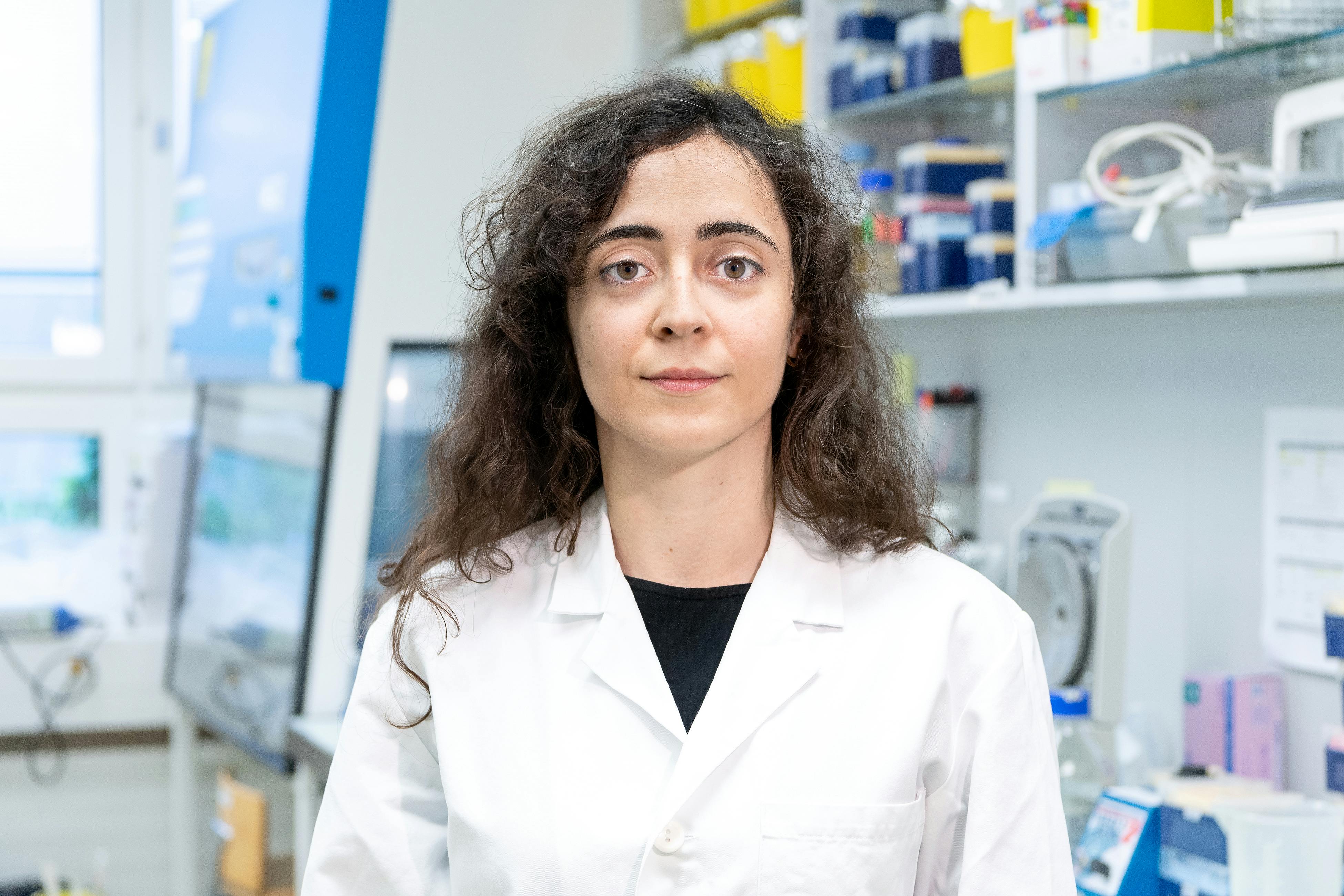
Ellen-Aleksandra Svorjova (October 2022)
«Zurich is unique – only here can I find so much expertise within walking distance»
Ellen-Aleksandra Svorjova is a doctoral candidate at the Institute of Food, Nutrition and Health at ETH Zurich.

Lorenz Leitner (Audio file in German, October 2022)
«I treat patients with UTIs. I provide the team with crucial data on the pathogens»
Dr. Lorenz Leitner is an attending physician specializing in neuro-urology at Balgrist University Hospital.
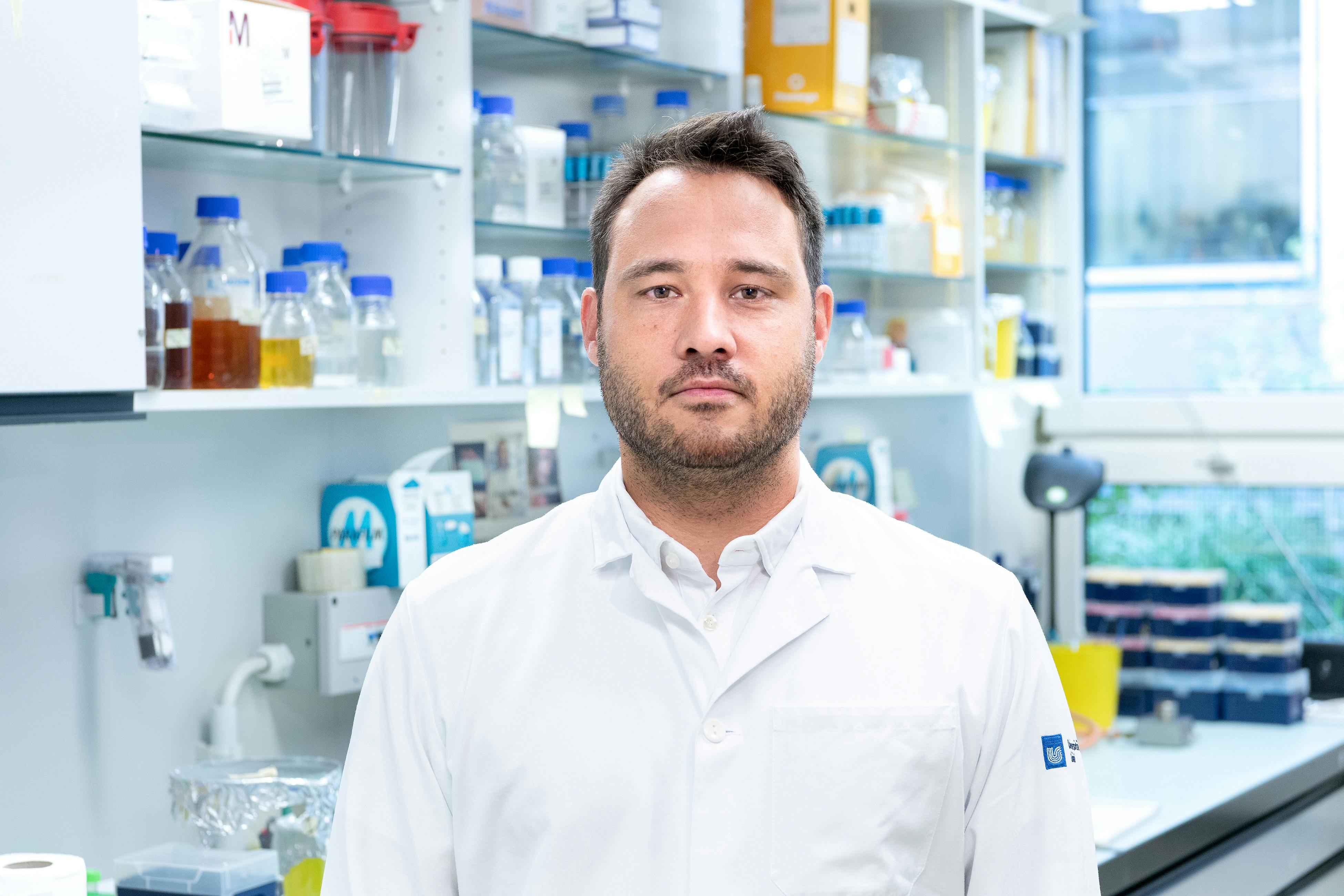
Matthew Dunne (October 2022)
«Augmenting bacteriophages with genetic information is like playing with lego»
Dr. Matthew Dunne is a senior scientist and senior teaching and research assistant at the Institute of Food, Nutrition and Health at ETH Zurich.
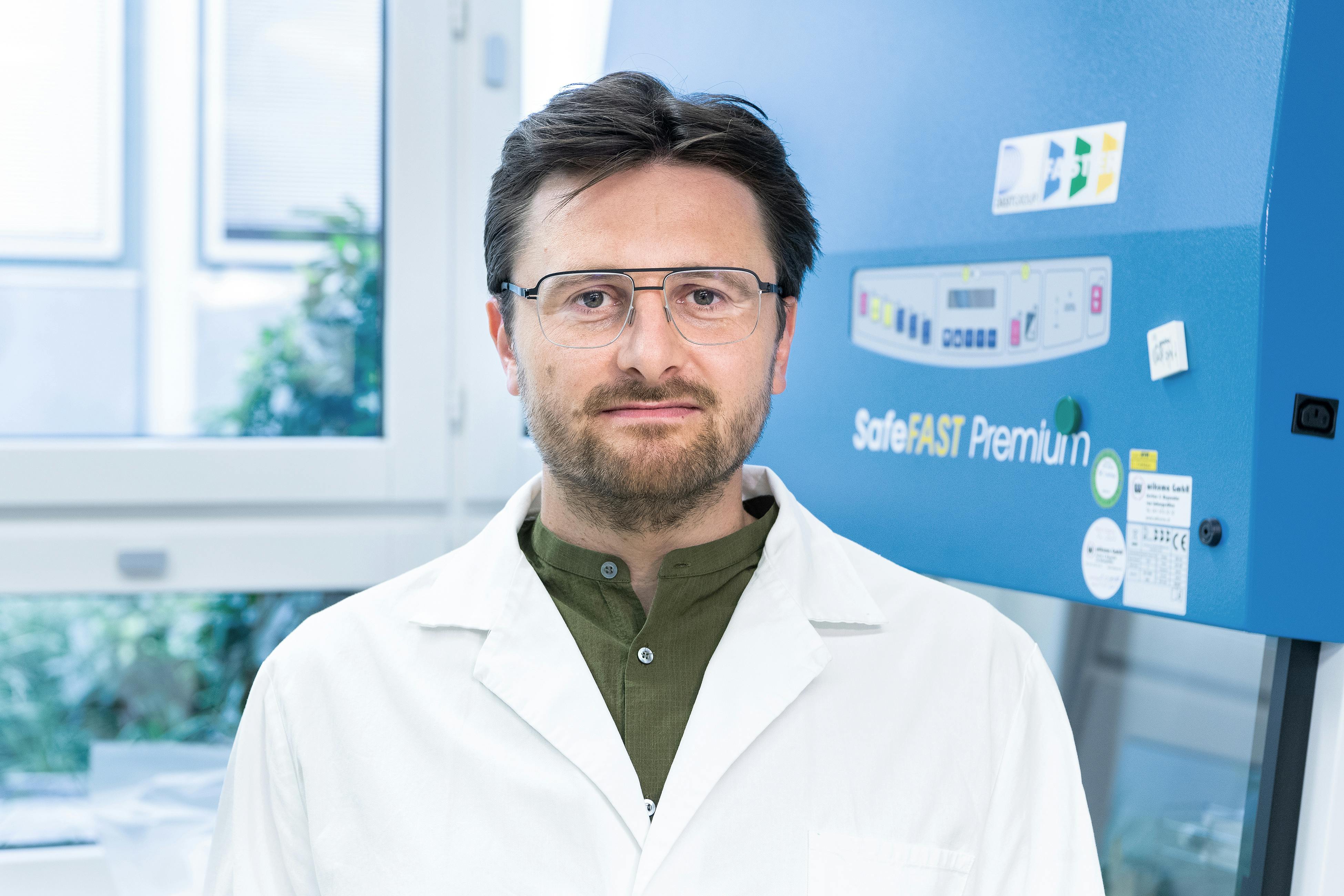
Onur Boyman (Audio file in German, July 2021)
«I find it fascinating to transfer research findings into everyday clinical practice»
Professor Onur Boyman MD is the Director of the Department of Immunology at University Hospital Zurich and a professor in the Faculty of Medicine at the University of Zurich.
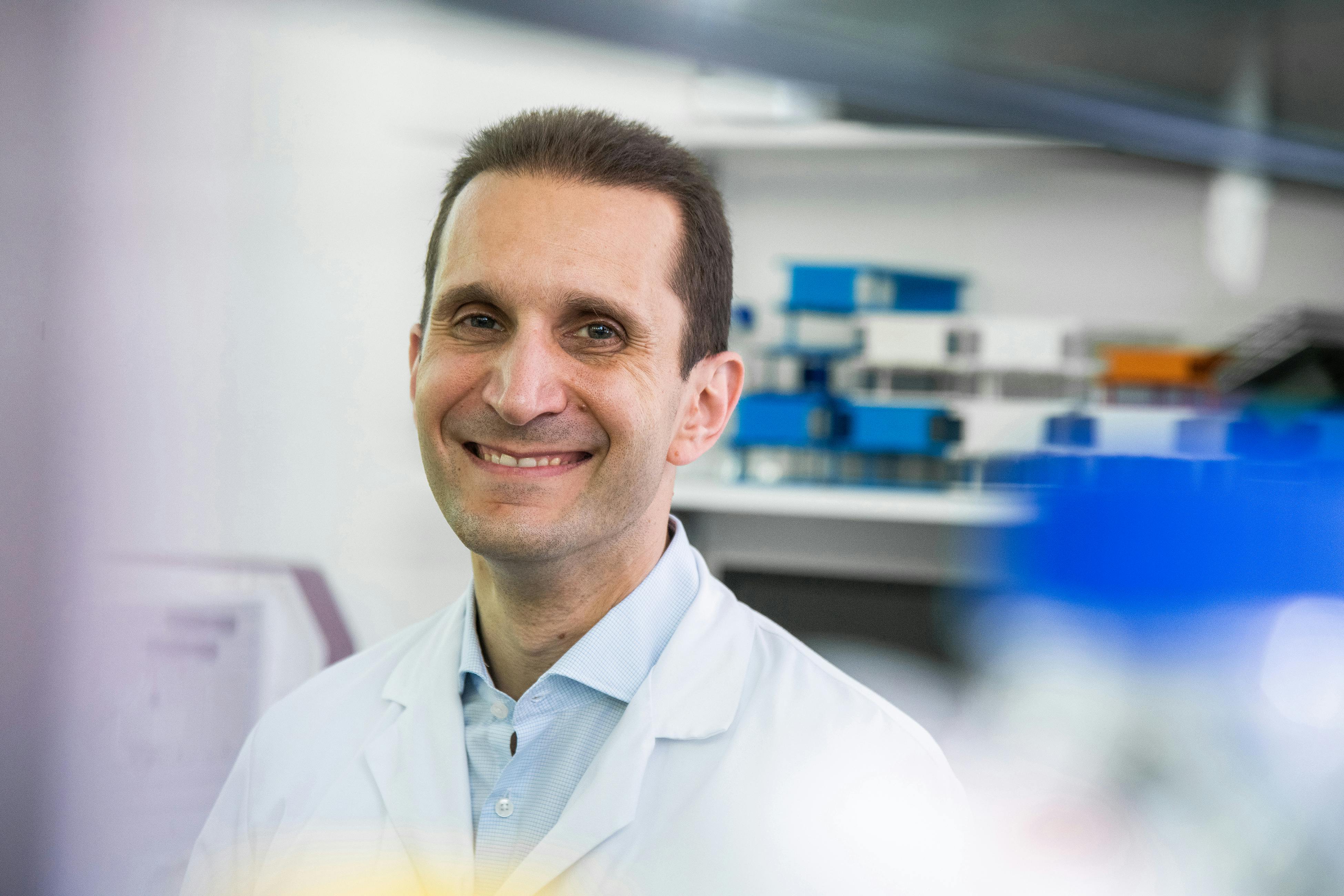
Martin J. Loessner (Audio file in German, July 2021)
«Antibiotic resistance is jeopardizing conventional treatments»
Professor Martin J. Loessner is Professor of Food Microbiology at the Institute of Food, Nutrition and Health at ETH Zurich.
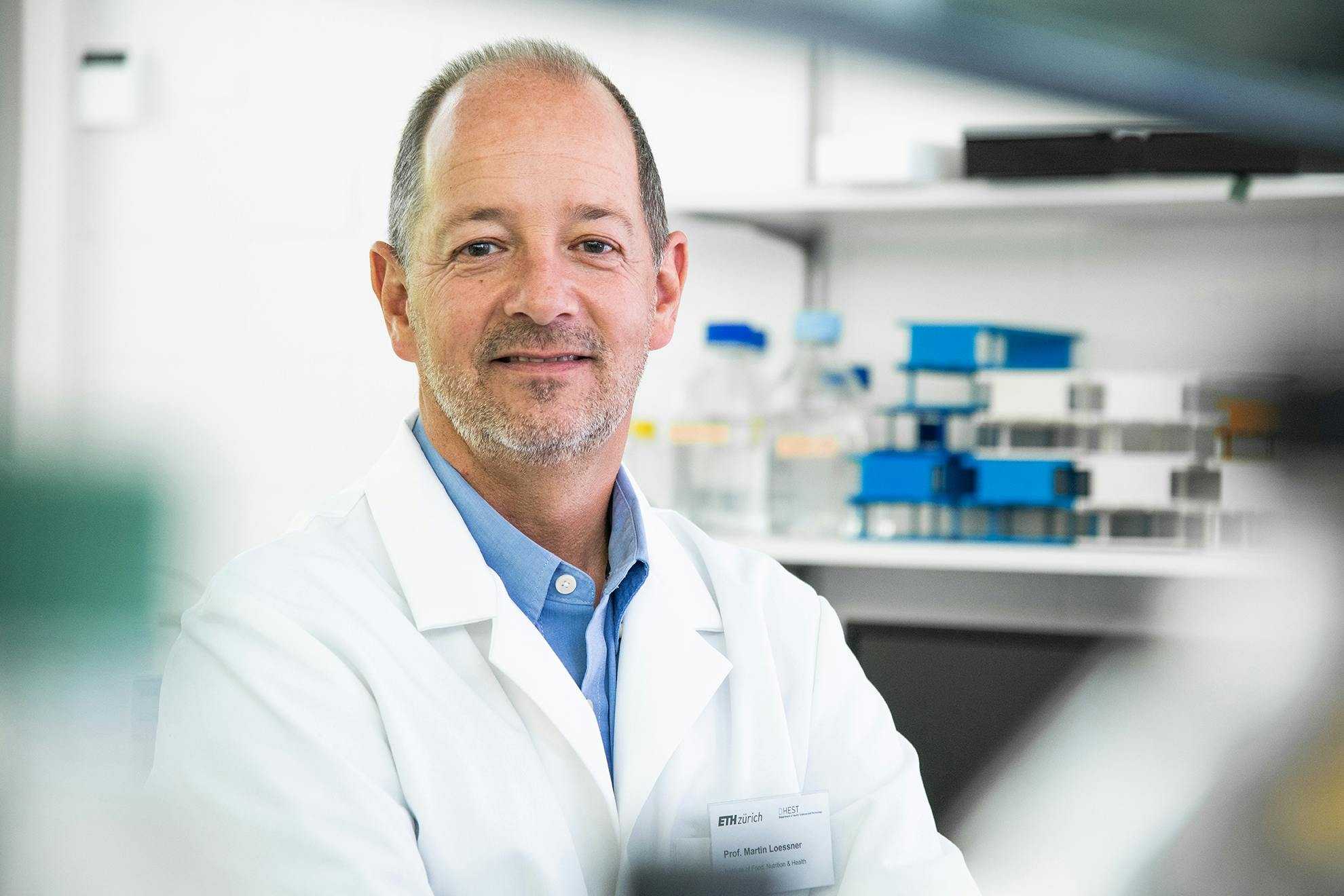
Thomas M. Kessler (Audio file in German, July 2021)
«A revolutionary therapy that is long-lasting and has almost no side effects»
Professor Thomas M. Kessler MD is the Senior Physician in Neuro-Urology at Balgrist University Hospital and a professor in the Faculty of Medicine at the University of Zurich.
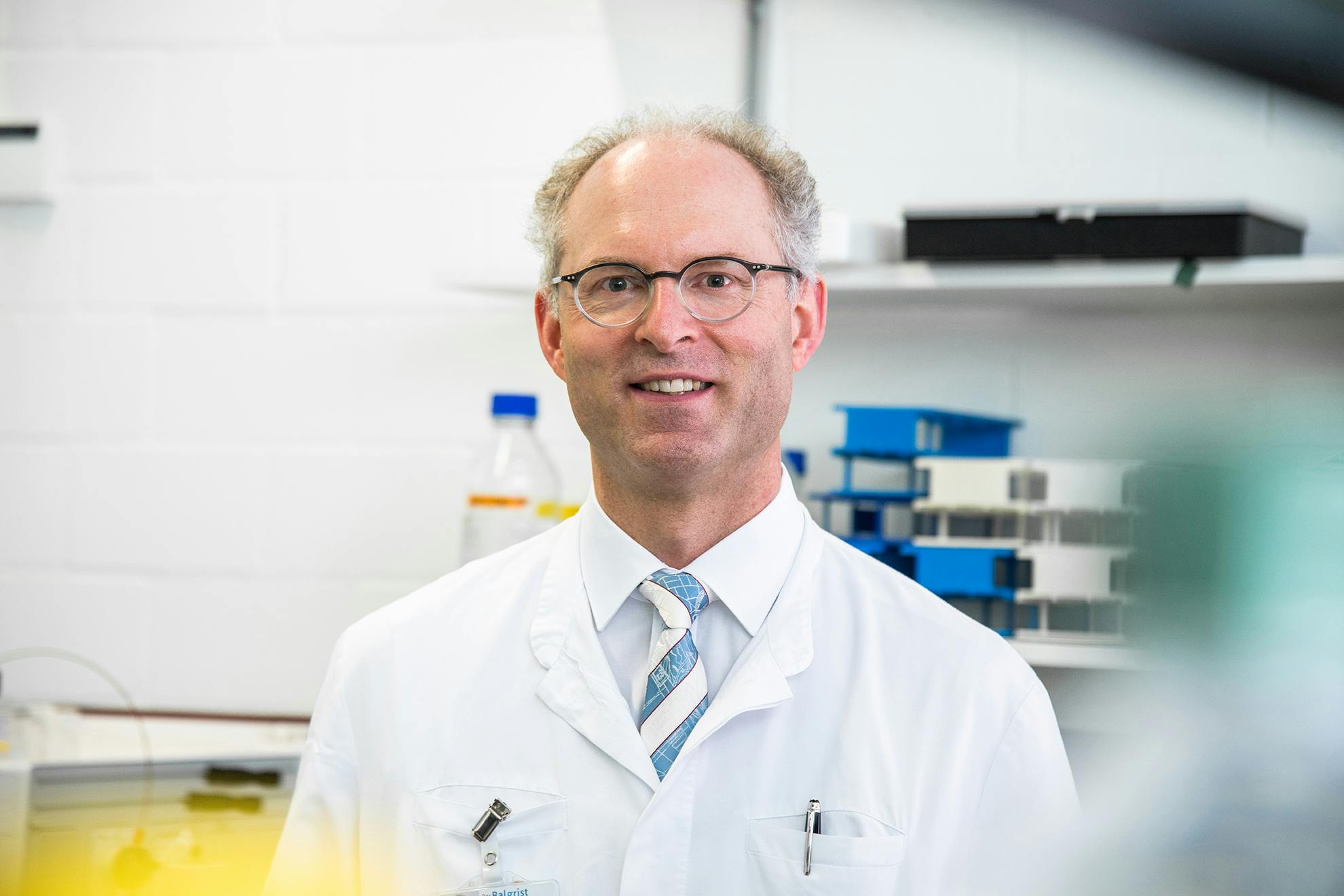
Service
Bladder infection?
Clinic at Balgrist University Hospital
Diagnosis and treatment at University Hospital Zurich
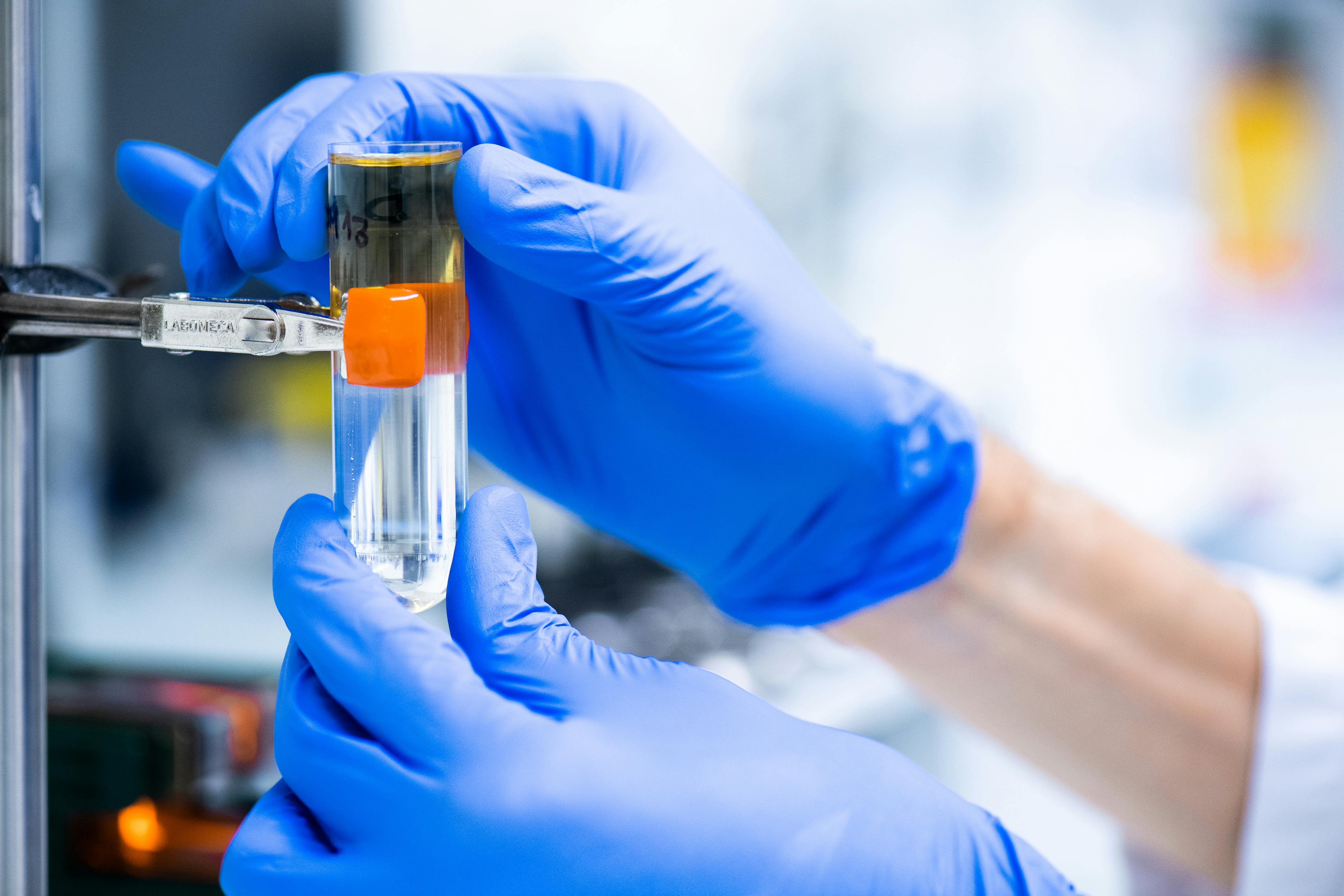
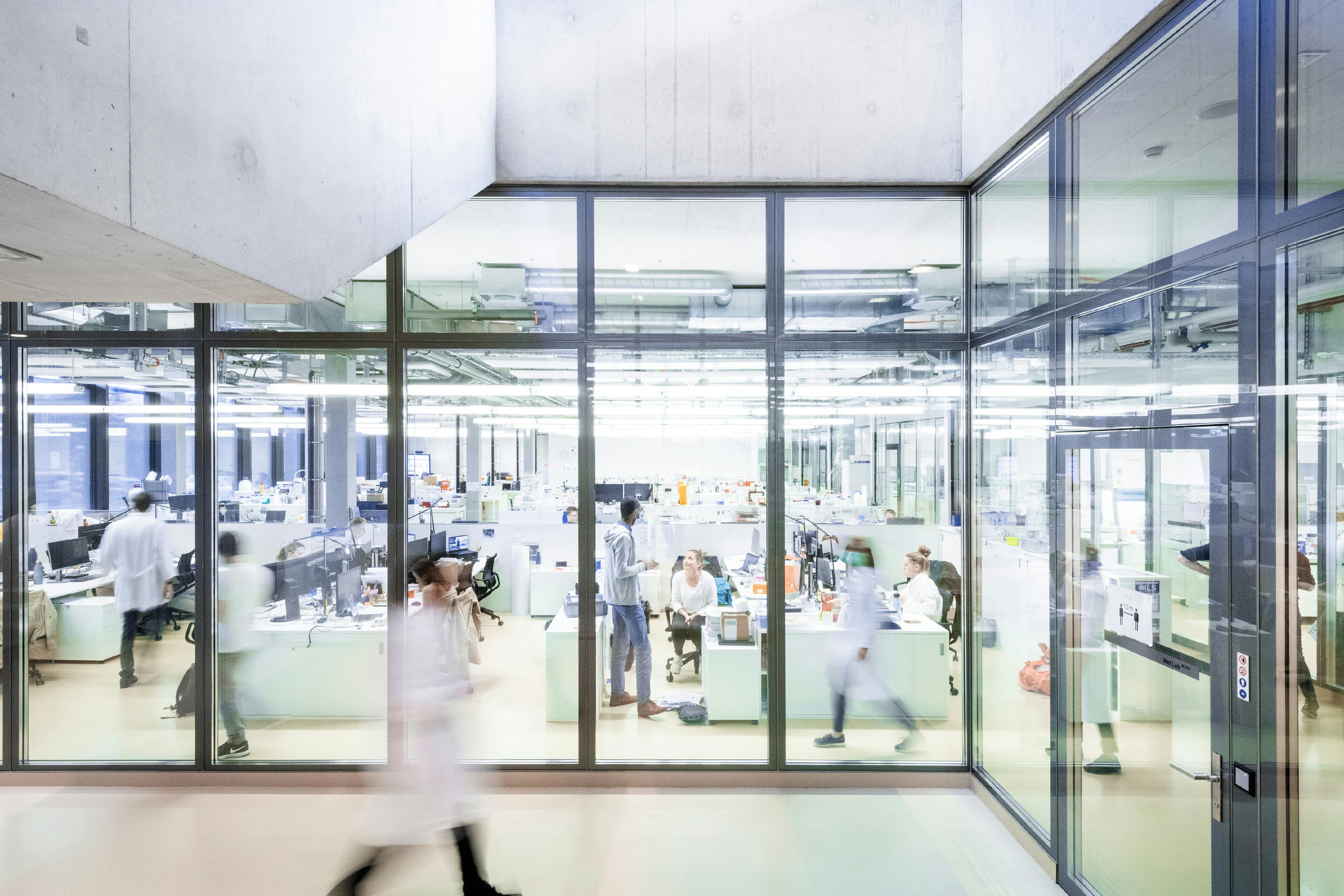
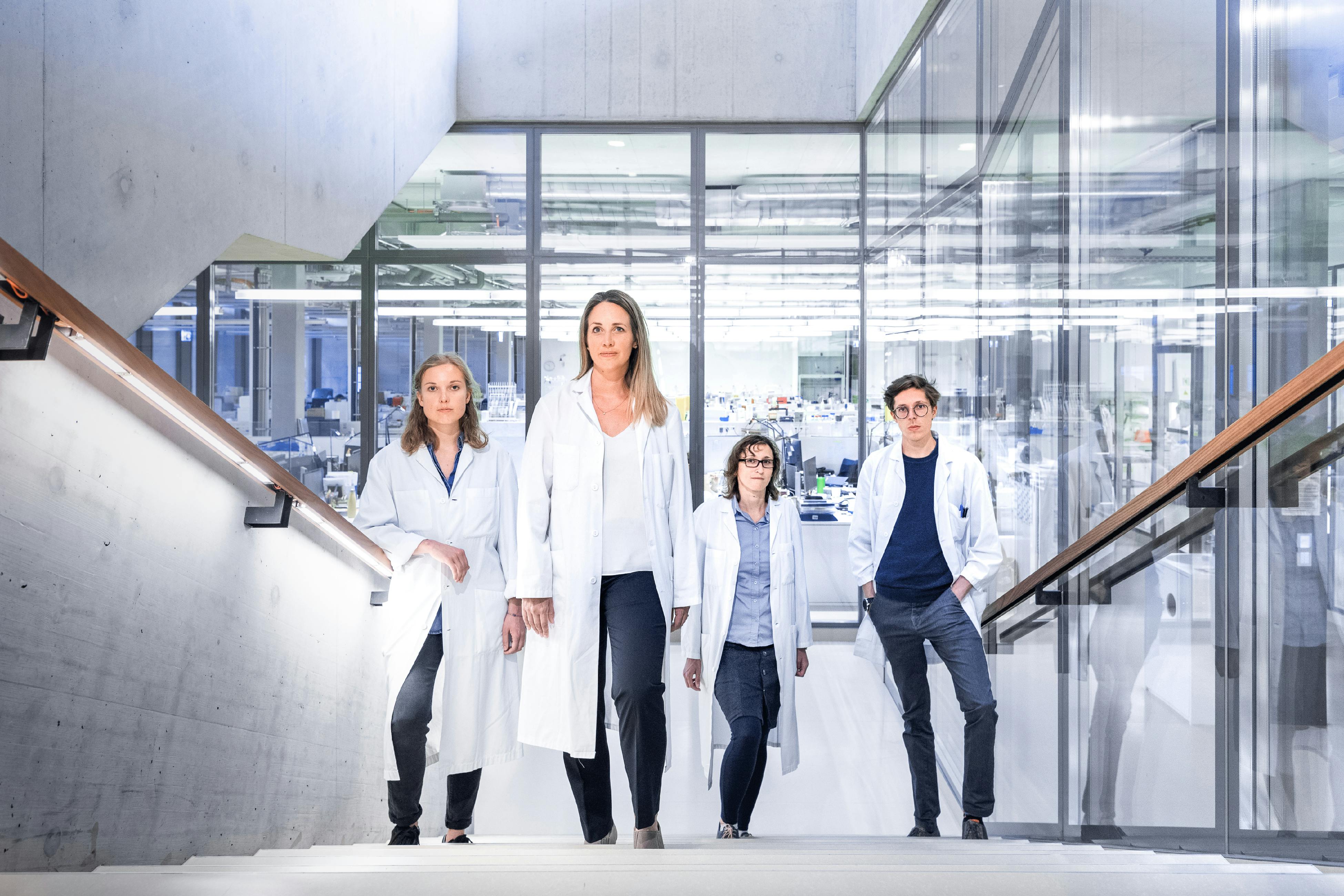
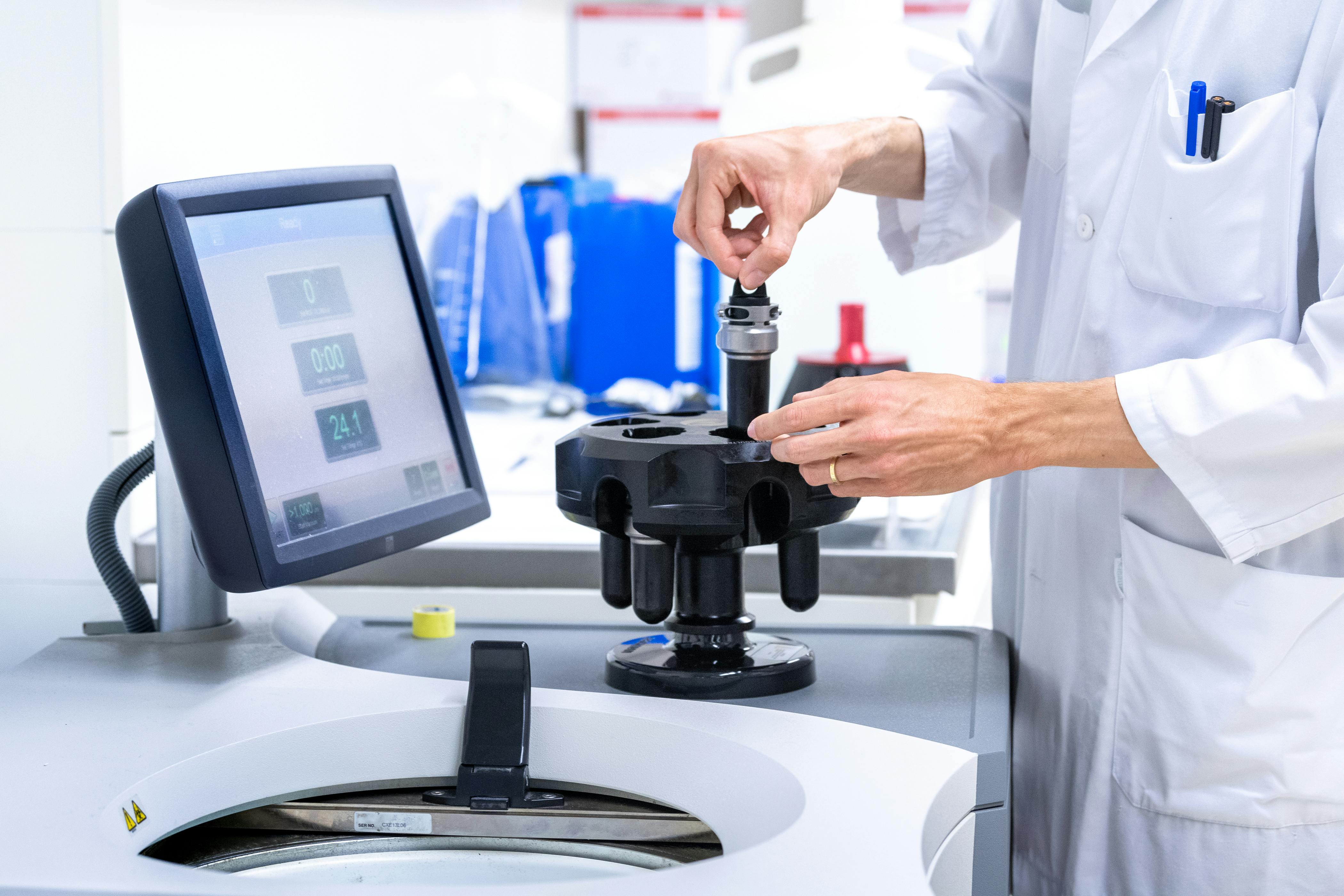
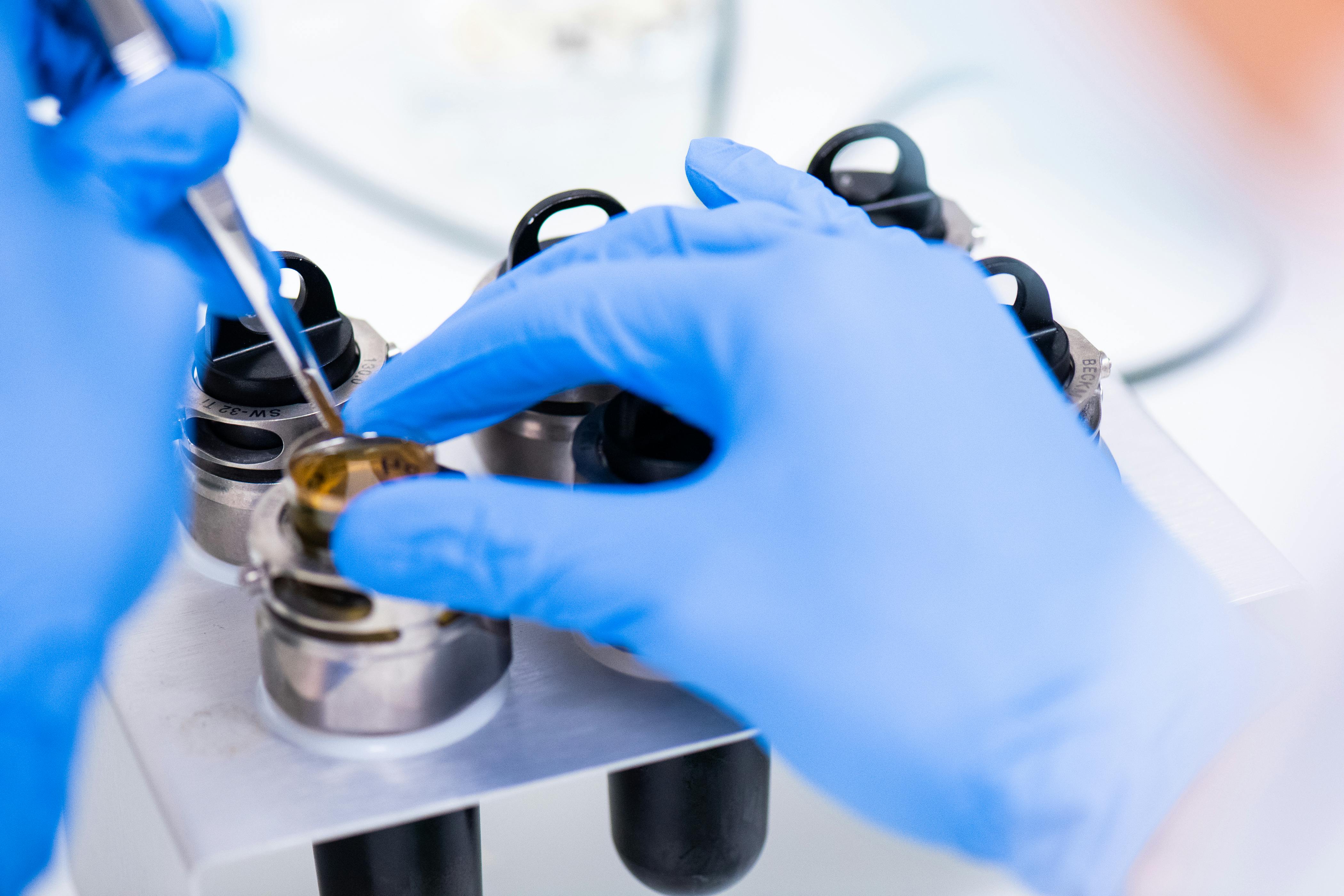




Glossary
Bladder infection (UTI, cystitis):
The urinary tract and urine itself normally contain no bacteria. When bacteria are present in the urinary tract and trigger an inflammatory reaction there and this causes problems for the person affected, it is described as a urinary tract infection (UTI). For anatomical reasons, small children and women are most likely to suffer from UTIs. Among men, the risk increases with age.
Bacteriophages:
Viruses that infect bacteria and reprogram them with their genetic material. The viruses then reproduce and destroy the bacteria.
Immunophages:
Bacteriophages are enriched in the laboratory with messenger substances that support the body’s immune response. In other words, the specific antimicrobial activity is combined with immunomodulatory properties.
Neuro-urology:
This discipline covers diseases of the lower urinary tract and the sexual organs after damage has been caused to the nerves that supply them.
Immunology:
This is the study of the biological and biochemical principles of the body’s defense against pathogens, such as bacteria, viruses and fungi, and other foreign substances.
Who is co-financing this project? (in CHF millions)
Hochschulmedizin Zürich (HMZ)
The project funding lasts from 2021 to 2024
Credits
Text and audio: Rebekka Haefeli
Pictures: Frank Brüderli
University of Zurich: Onur Boyman, Hendrik Koliwer-Brandl
Balgrist University Hospital: Thomas M. Kessler, Shawna McCallin, Lorenz Leitner, Sonja Milek, Swenja Lassen, Vera Neumeier
University Hospital Zurich: Onur Boyman, Jonas Van Belleghem, Lukas Heeb
ETH Zurich: Martin J. Loessner, Matthew Dunne, Samuel Kilcher, Jochen Klumpp, Aleksandra Svorjova, Susanne Meile, Jiemin Du
Hochschulmedizin Zürich: Corina Schütt





